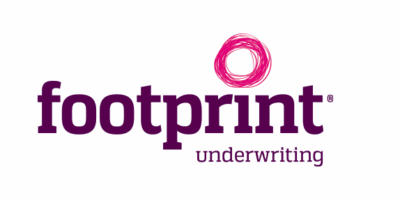What’s the difference between an incident and a crisis?
Not every incident/event is a crisis, but it can have the potential to become a crisis if not handled appropriately.
For example, a stolen laptop that is quickly excluded from connecting to the network would be classified as an incident.
If the laptop were to be used to connect to the network and steal personal customer data you could very quickly be in “crisis mode” and dealing with a very damaging event in public.
CEN / TS 17091 defines a crisis as an “unprecedented or extraordinary event or situation that threatens an organization and requires a strategic, adaptive, and timely response in order to preserve its viability and integrity”.
The standard includes a section on principles for crisis management which serve as a good guide for the management of any incident that has the potential to become a crisis.

They are:
- a) seek understanding of the situation.
- b) achieve control as soon as possible.
- c) communicate effectively, both internally and externally.
- d) be prepared with clear, universally understood structures, roles, and responsibilities.
- e) build situational awareness through good information management and coordinated working.
- f) have a clear and well-rehearsed decision-making and action-driving process in line with the core values and objectives of the organization.
- g) implement effective leadership at all levels of the organization.
- h) ensure people with specific crisis management roles are competent through appropriate training, exercising, and evaluation of their knowledge, skills, and experience.
Incident Management starts well before an incident occurs. You need to consider what types of incidents are likely to occur and develop “trigger criteria” which if met will mean specific plans to address that type of incident are invoked.
Summary
Hopefully you now have a better understanding of the key differences between an incident and a crisis, and the potential impacts of both on your business.
To find out more about incident management and how best to prepare yourselves in the event of crises, request a copy of our free White paper on Risk Management and Operational Resilience.









